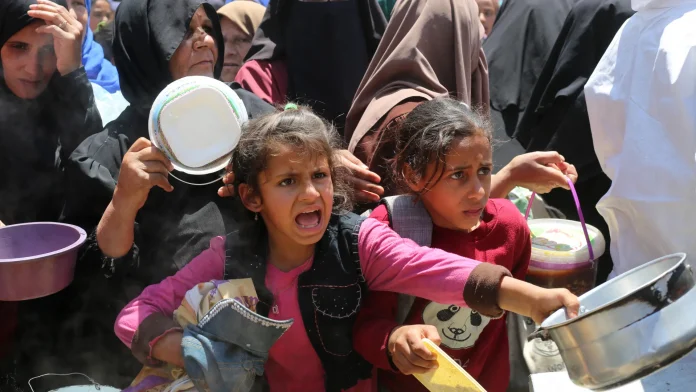UNITED NATIONS, Jun 17 (APP):Israeli occupation forces killed at least 40 people, half of them near an aid distribution site operated by the U.S.-backed Gaza Humanitarian Foundation on Monday, the war-shattered enclave’s health ministry said, as U.N. officials denounced Israeli-backed aid delivery arrangements.
Medical workers said at least 20 people were killed and 200 others wounded near an aid distribution site in Rafah, the latest in daily mass shootings that have killed hundreds of Palestinians trying to reach food since Israel imposed a new distribution system after partly lifting a near three-month total blockade.
Philippe Lazzarini, the head of the United Nations Relief and Works Agency for Palestine Refugees (UNRWA), stated Monday that “starving people” are still being killed in Gaza, and that the current aid distribution system as a “death trap”. He cited reports of mass casualties among starving civilians at distribution points, including injuries and deaths from gunshots.
“This system forces desperate people to walk long distances to access aid, often to areas heavily impacted by bombardment, excluding those unable to travel or living far away,” Lazzarini said.
He argued that aid deliveries and distribution should be conducted by the UN and UNRWA for safety and effectiveness.
Call to lift the siege:
In this regard, the UNRWA chief urged Israel to lift the siege on Gaza and allow safe, unhindered access for humanitarian aid to prevent mass starvation.
In Geneva, the UN rights chief issued his sharpest criticism toward the suffering inflicted on Palestinians in Gaza by Israel, saying: “Israel’s means and methods of warfare are inflicting horrifying, unconscionable suffering on Palestinians in Gaza.”
High Commissioner Volker Turk, the UN rights chief, accused Israel of “weaponizing food and blocking life-saving aid,” and called for “immediate, impartial investigations into deadly attacks on desperate civilians trying to reach food distribution centers.”
He expressed alarm at the “disturbing, dehumanizing rhetoric from senior Israeli government officials,” warning that such language is “reminiscent of the gravest of crimes.”
Turk also criticized Israel’s restrictions on press access in Gaza, stating that its refusal “to allow international journalists to report from Gaza has helped its armed forces and Hamas to avoid transparency and accountability.”
Calling for urgent action, he said: “All those with influence must exert maximum pressure on Israel and (the Palestinian group Hamas) to put an end to this unbearable suffering.”
Turning to the situation in the occupied West Bank, Turk noted that “no day passes without attacks by Israeli security forces and settlers killing, detaining and forcibly displacing Palestinians.”
He concluded by stressing the urgent need for a political solution. “Only an immediate ceasefire leading to a two-state solution, with Gaza as an integral part of a Palestinian state, can offer sustainable peace.”




